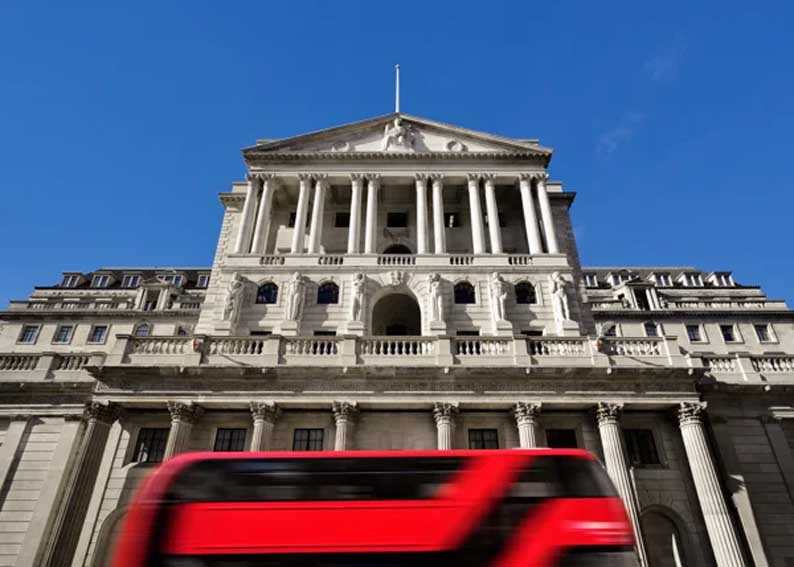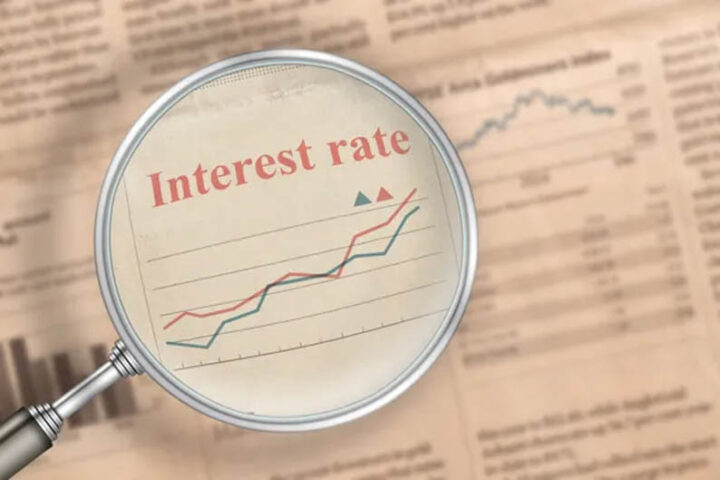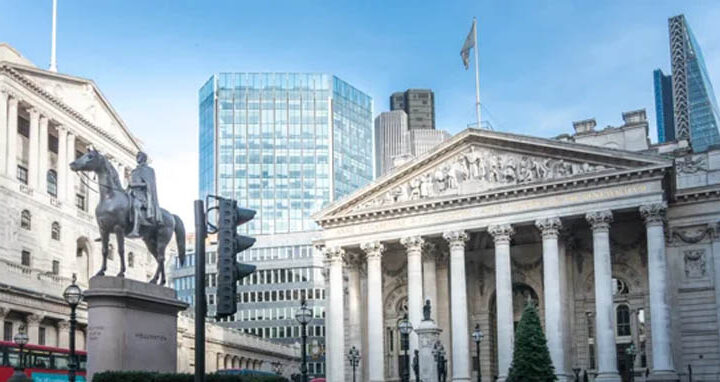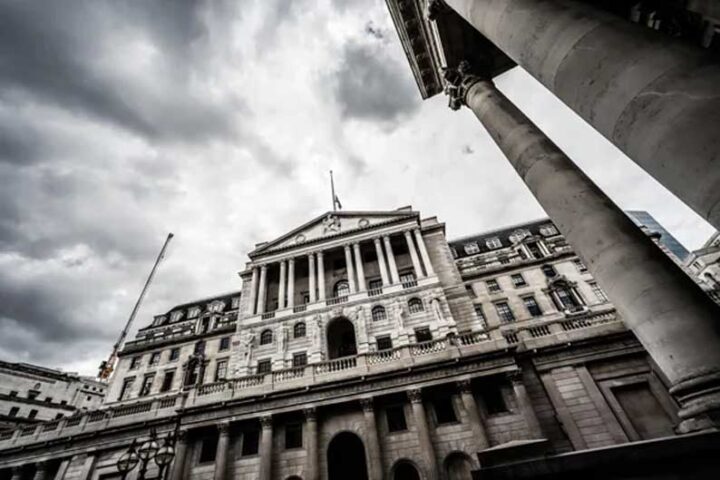The Bank of England’s Monetary Policy Committee (MPC) decided on Thursday to keep interest rates at 5.25%, unchanged for the fourth consecutive time, with a leading asset manager saying this showed the committee’s failure and “inability to fulfil its mandate.”
In a widely anticipated decision, policymakers forecast that inflation will fall below 2% within the next few months and kept interest rates at the highest level since the 2008 financial crisis.
In a bleak assessment of the rate decision, Nigel Green, CEO and founder of deVere Group, a leading independent financial advisory and fintech said that, “the Bank of England continues to fail households and businesses across the UK by maintaining rates.
“The primary role of the MPC is to control inflation. It failed with its inaction at the start, passively standing by for too long when prices were already starting to surge.
“It continues to fail now with adherence to a restrictive monetary policy which is exacerbating the challenges faced by firms and households.”
Green said that increased borrowing costs are placing a huge burden on businesses, hindering investment and growth.
“The decision to maintain interest rates at 5.25% prolongs the agony, raising serious questions about the committee’s understanding of the economic landscape,” the deVere CEO said.
“As the impact of this policy lingers, the prospect of a recession looms large, threatening millions with increased financial hardship and misery.”
He said there is potential for prolonged economic downturn. The repercussions of monetary policy have a lag effect, meaning that the full extent of the damage may not be immediately apparent.
Notoriously slow
“Central bank monetary policy is notoriously slow to take effect,” Green said.
“The changes in interest rates can take two years to feed into the broader economy. Given the many interest rate hikes over this period, it would be astonishing if we did not see a marked slowdown in employment growth and consumer demand over the coming months.
“In short, things could get even worse.”
The experienced fund manager said the crux of the matter lies in the MPC’s “continued failure to act decisively and promptly.”
The impact of monetary policy takes time to materialise, and the delay in recognising the need for intervention has left the UK vulnerable to greater economic woes.
The Committee had an opportunity to instigate positive change by voting to lower the Bank Rate to 5%, providing “immediate relief to struggling businesses and households.”
Unfortunately, this opportunity was missed, and the consequences may be felt for an extended period, Green said.
“The Bank of England’s decision to maintain interest rates at 5.25% underscores the ongoing failure of its Monetary Policy Committee.
“It’s imperative that the MPC reconsiders its stance at its next opportunity and takes swift action to lower interest rates,” he concluded, adding that, “only through proactive and responsive measures can the Bank of England hope to steer the UK towards economic recovery and alleviate the current misery facing households and businesses alike.”










